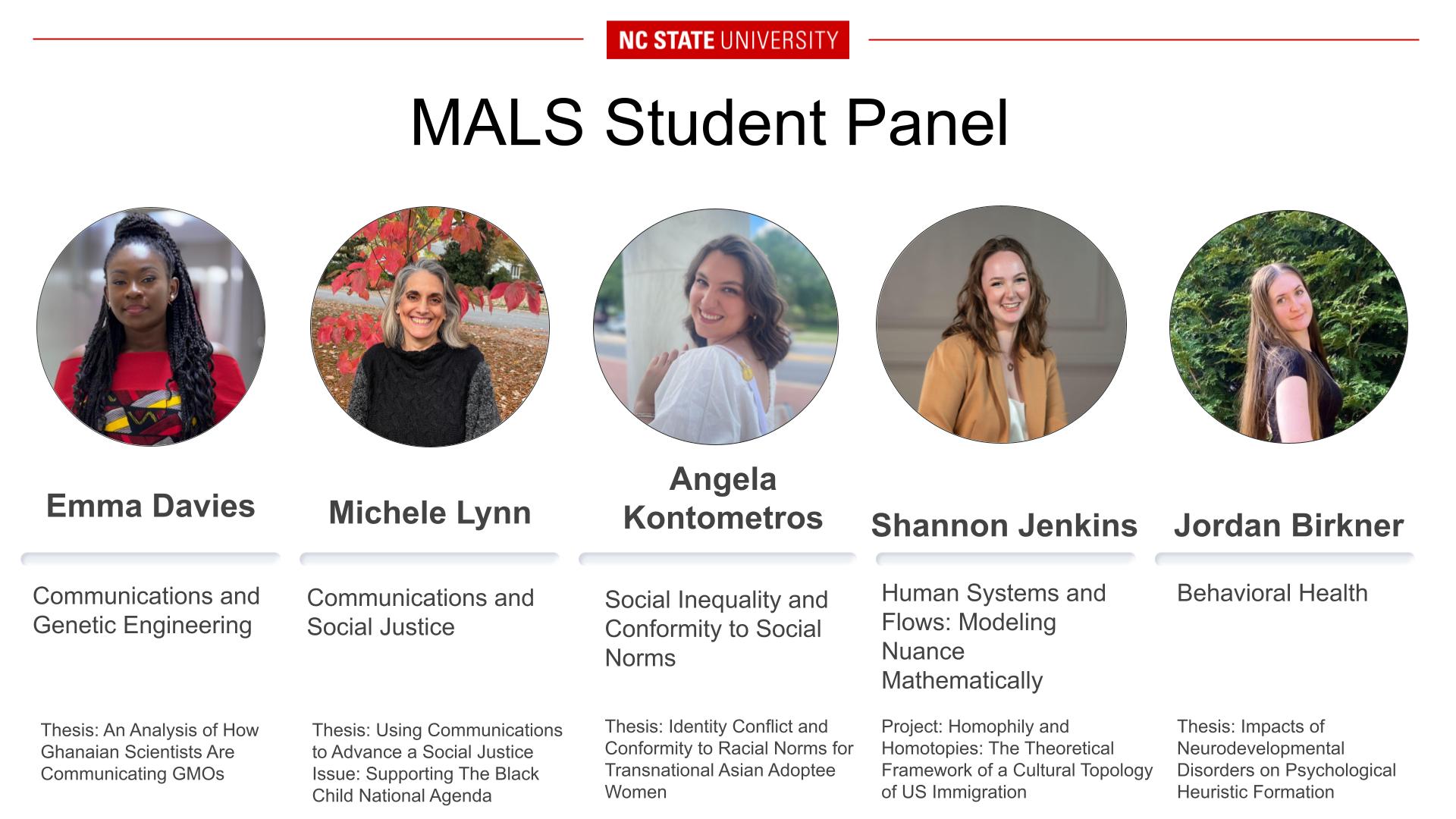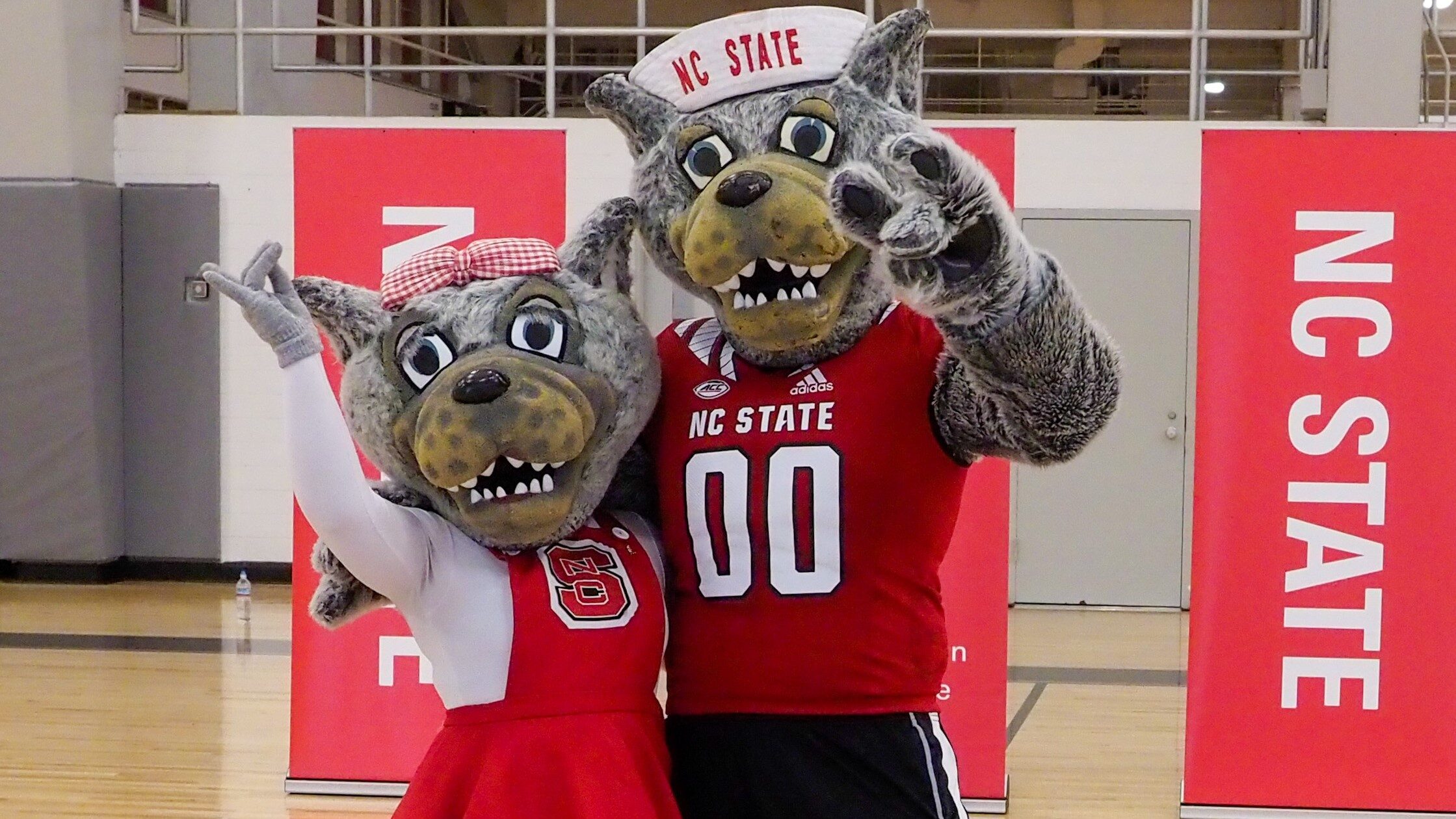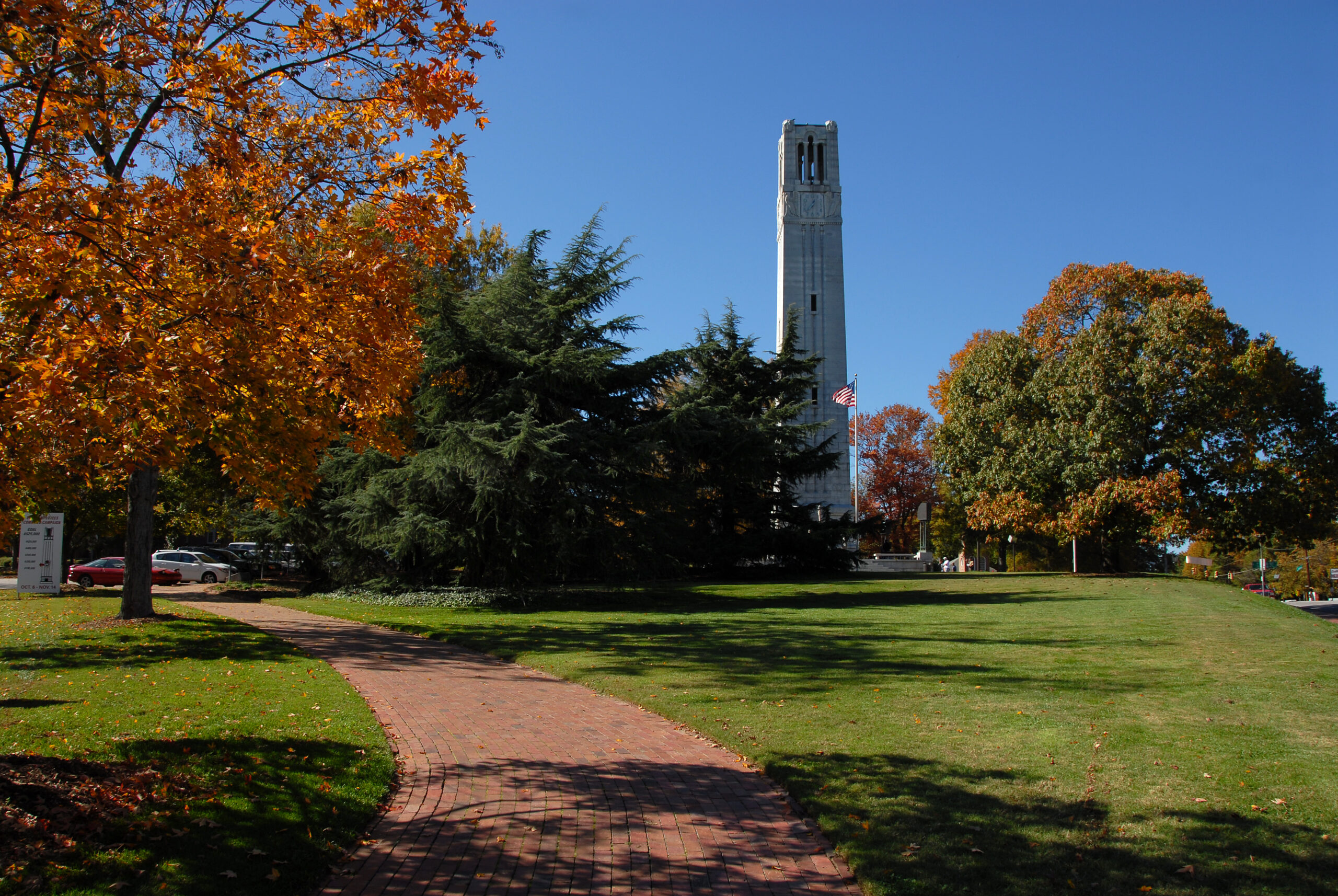MLS 501-001: Ethical, Legal and Social Implications of Human Enhancement Technologies
Dr. Veljko Dubljević

Discussions of the ethics of human enhancement typically address a variety of issues focused on developments in biomedical technologies, including knowledge of the science underlying current and prospective methods of human enhancement, as well as their social and political contexts. In this course, we will focus our discussions on particular case studies (athletic, cognitive, mood, moral enhancement and human-machine interface) in order to reflect on some important cross-cutting themes, including the distinction between therapy and enhancement, questions about safety and fairness, issues about governance and the regulation of new technologies, concerns about justice, human nature, authenticity, and the pursuit of the good life. The analysis of human enhancement requires an inquiry into past, present, and possible future technologies, their applications, and their ethical, social, economic, legal, political, and ecological implications. It also requires recognition of the fact that social and cultural values, as well as ideologies, influence certain types of enhancements and enhancement biotechnologies over others.
For more information, please see the course flyer.
Meet Dr. Veljko Dubljević
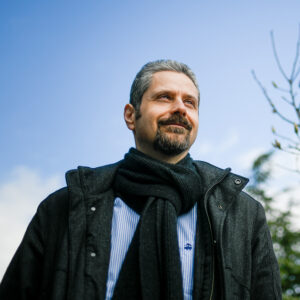
Dr. Veljko Dubljević is an Associate Professor of Philosophy and Science, Technology & Society (STS) and the Principle Investigator of the NeuroComputational Ethics Research Group at NC State University. His work deals with the cognitive neuroscience of ethics, as well as the ethics of neurotechnology and AI. He serves on the Board of Directors of the International Neuroethics Society and is the Editor in Chief of the American Journal of Bioethics – Neuroscience, among numerous other editorial positions for scholarly work in neuroethics and related fields. He has published over 100 peer-reviewed articles and books, including the recent co-edited collection Policy, Identity, and Neurotechnology: The Neuroethics of Brain-Computer Interfaces.
MLS 501-002: The Creative Process
Dr. Jonathan Kramer
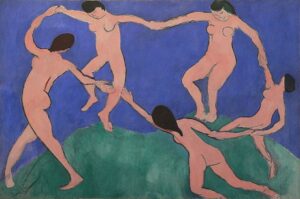
The questions we will explore include: What is creativity? Where do original ideas come from? What is the relationship between inspiration and craft? Between medium and message? How do artistic traditions generate new works? How does “academic” training support (or hinder) creativity? What is improvisation? Bricolage? What is the relationship between artistic freedom and artistic discipline? How does reception/criticism affect the creative process(es)? How does economic necessity affect the creative process? Students will carry out two semester long projects which will form the basis for evaluation: 1) The ethnography of an artist/creator/performer in the community based on site visits and interviews and other fieldwork techniques; and 2) An examination of their own creative processes as they create something: a work of literature, visual art, performance, etc. This inquiry will be informed by selected readings from a variety of disciplines as students tack between what they are engaged with as creators and the thinking they do and others have done about the nature of creativity.
For more information, please see the course flyer, as well as our interview with Dr. Kramer.
Meet Dr. Jonathan Kramer

Dr. Jonathan C. Kramer is a teaching professor in the Music Department at North Carolina State University, and an adjunct professor of ethnomusicology at Duke University. As a cellist, he has performed as principal of the Tucson Symphony and as a member of the San Francisco Opera and Ballet Orchestras and the North Carolina Symphony. Among his teachers are Aldo Parisot, Gordon Epperson, Raya Garbousova, David Wells, Madeline Foley and Maurice Gendron.
- Categories:

